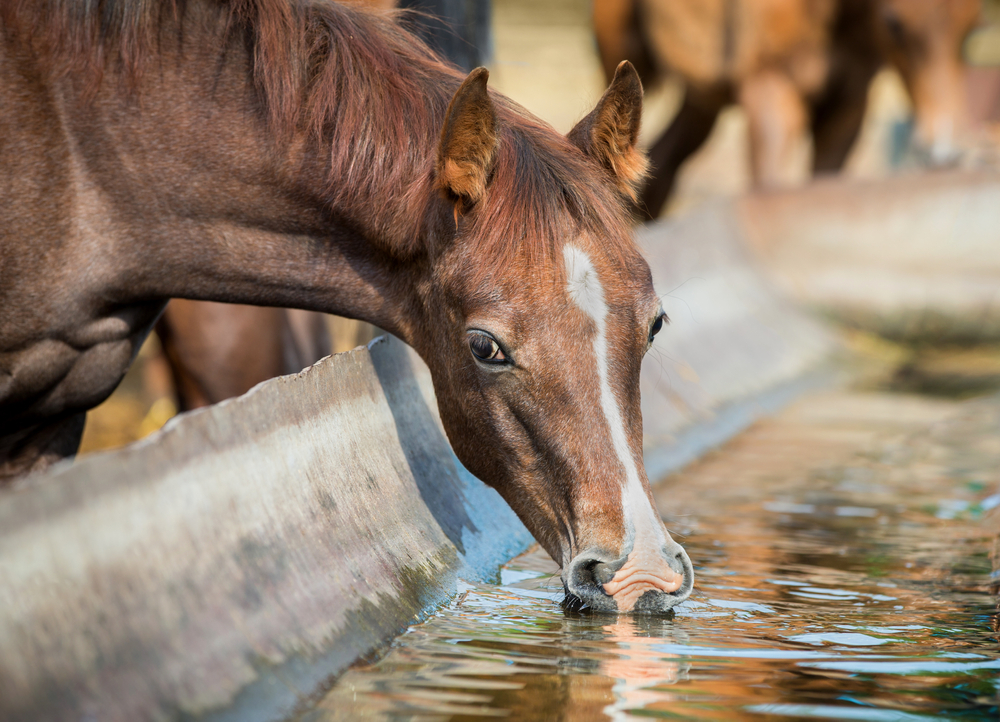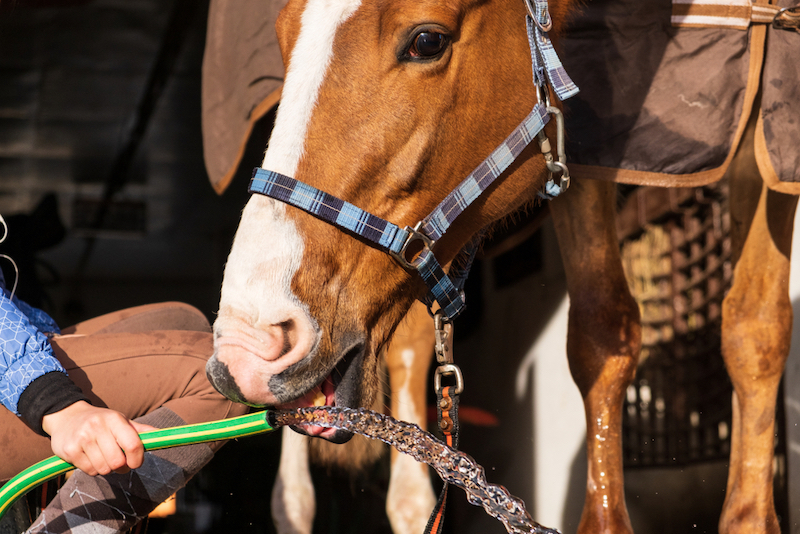Managing and Preventing Equine Parasites in Arizona
As springtime and summer quickly approach in Arizona, horse owners must prepare for a common but dangerous challenge — parasites. Warmer temperatures and increased humidity create the perfect environment for parasites to thrive, putting your horses at a higher risk. At Adobe Veterinary Equine & Livestock in Tucson, Arizona, we are dedicated to helping you protect your horses with comprehensive equine care, including prevention and treatment for parasites.
Understanding Common Equine Parasites
In Arizona, your horses are vulnerable to various parasites, including:
- Strongyles (Bloodworms): These intestinal parasites can cause severe digestive problems, weight loss, and even life-threatening conditions like colic.
- Roundworms (Ascarids): Primarily affecting young horses, these can cause coughing, poor coat condition, and digestive issues.
- Tapeworms: These can lead to colic and other gastrointestinal problems.
- Bots: These external parasites lay eggs on your horse’s legs and coat, which can lead to internal infestations when ingested.
- Pinworms: These can cause itching and irritation around the tail.

Why Spring and Summer Are High-Risk Seasons for Equine Parasites
Warmer weather, especially in Arizona, creates an ideal environment for parasites to develop and spread. Moisture and heat allow parasite eggs and larvae to thrive, increasing the risk of infestation in your horses.
Tips for Managing and Preventing Equine Parasites
Maintain Clean Pastures: Regularly remove manure and consider rotating pastures to reduce parasite exposure.
Practice Good Hygiene: Keep feeding areas clean, avoid feeding horses directly on the ground, and maintain clean water sources.
Schedule Routine Fecal Exams: Regular fecal exams allow you to monitor your horse’s parasite load and adjust deworming protocols accordingly.
Inspect Your Horses Regularly: Keep an eye out for symptoms of parasitic infections, such as weight loss, poor coat condition, or tail rubbing.
Comprehensive Equine Care at Adobe Veterinary Equine & Livestock Center
At Adobe Veterinary Equine & Livestock Center in Tucson, we understand the unique challenges Arizona horse owners face. Our experienced team offers:
- Comprehensive parasite prevention and treatment plans.
- Regular wellness exams, including fecal testing.
- On-site care at our facility or convenient mobile veterinary services to bring quality care directly to your barn.

Schedule Your Horse’s Parasite Prevention Appointment Today!
Protect your horses from harmful parasites with proactive care. Contact Adobe Veterinary Equine & Livestock Center in Tucson, Arizona, to schedule a wellness and parasite prevention appointment. Our team is here to keep your horses healthy, happy, and parasite-free all year long!
